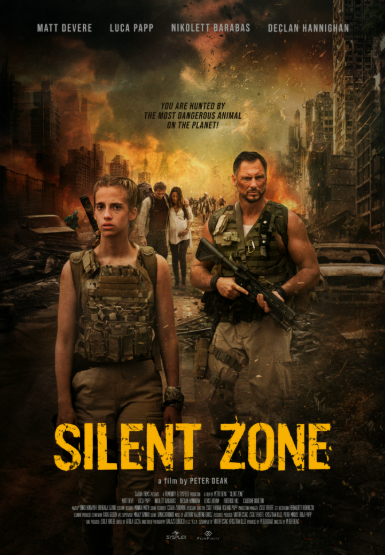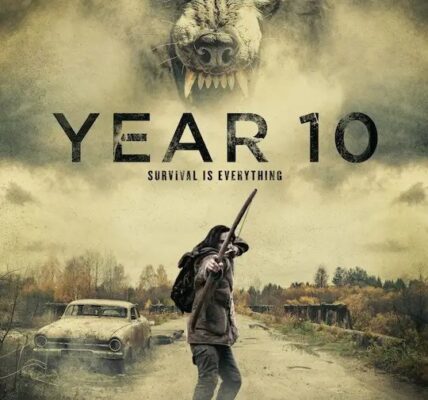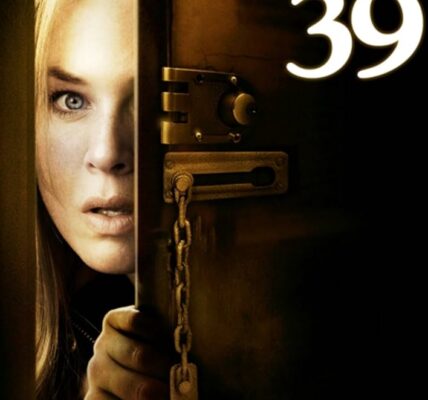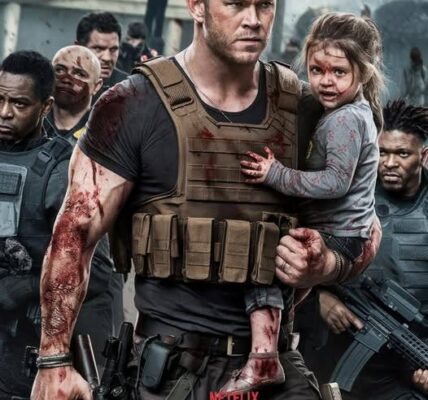1. Plot Summary
In Silent Zone, a viral pandemic outbreak in 2012 has turned many people into feral creatures (zombie-like), ravaging global populations. During the outbreak, young Abigail, her brother, and mother attempt to evacuate but are attacked; her mother and brother become infected, while Abigail is saved by Cassius, a police officer.
Ten years later, Abigail and Cassius have survived through constant movement, foraging, and hiding. They plan to reach a supposed safe haven: an island off the American East Coast. On their way, they meet a pregnant couple (Megan and David), endure attacks by “ferals,” suffer a plane crash, and face betrayals and dangers from both infected and other survivors. Their journey leads them to an engineer named Norton, who offers shelter but has his own twisted views on the pandemic and even controls ferals via a sonic gauntlet. In the climactic moments, Norton causes chaos in a survivors’ colony by bringing ferals aboard, and Abigail confronts her deepest fears—including a final confrontation with the Alpha, who is revealed to be her father. Ultimately, Abigail and Cassius survive and lead a group toward the promised refuge.
2. Notable Elements
What stands out:
- Long-term survival & relationship dynamics: Because the story spans a decade, the bond between Abigail and Cassius has depth—they’re not fresh survivors but people hardened by loss. That adds emotional weight.
- The “ferals” as danger + threat model: Not just mindless zombies. There is a hierarchy (e.g. alpha, packs), tracking, threat escalation. Their behavior (ferocity, tracking, attacks) is used effectively to ratchet up tension.
- Moral complexity among survivors: Not all antagonists are ferals; human threats (Norton, decisions about leaving or helping others, dealing with bitten individuals) give more depth. The challenged morality of survival is a recurring tension.
- Sonic gauntlet device / inventive twist: Norton’s sonic control over the ferals adds a sci-fi / horror gadget angle that’s somewhat novel—this isn’t just survival vs. walking dead.
What is weaker / could have been better:
- Predictability and genre clichés: Several plot beats follow familiar patterns (journey to safe haven, betrayal, “bitten but hiding it,” etc.). Some reviews mention it feels generic in plot despite effort.
- Some acting & dialogue unevenness: Builds of emotional tension sometimes falter because of line delivery or character choices that stretch believability (e.g. how some survivors behave or decisions they make).
- Pacing issues: While the premise is strong, parts of the film drag—repairing the plane, moving camps, waiting for danger to catch up — these segments slow momentum.
3. Themes & Messages
- Hope and perseverance in the face of despair: After a decade of living in a broken world, Abigail and Cassius still hope for safety. The film asks whether hope is realistic or delusional—but shows its necessity.
- What defines “family” in apocalypse: Abigail’s father becomes the Alpha; Cassius becomes father figure. The relationships of care, loyalty, seen through survival, shape much of the emotional core.
- Ethics of survival: Decisions like whether to help a pregnant stranger, how to treat a bitten member, or whether to follow a dangerous path to refuge—these test characters’ morality.
- Human vs nature (ferals) & human vs human danger: The infected (“ferals”) represent nature turned hostile, but human antagonists like Norton or choices of self-interest show that sometimes humans are worse threats.
- Sacrifice and loss: Survivors lose loved ones, their homes, hope. The film doesn’t shy from loss. The cost of going on is high.
4. Personal Impressions
What I liked:
- The emotional bond between Abigail and Cassius is handled reasonably well; you feel their weariness, their scars (emotional & physical). It isn’t just standard zombie horror run-and-scream.
- The use of environment (wilderness, abandoned cities, an airport, the plane crash, the colony) creates variety in settings which helps maintain interest.
- The sonic gauntlet / Norton subplot adds intrigue—someone who tries to “control” the ferals is more interesting than just “they come, we stop them.”
What I found less effective:
- Some moments feel formulaic. For horror fans familiar with outbreak / zombie / post-apocalyptic films, many scenes are familiar. The originality is more in small details rather than overarching structure.
- A few character decisions seem convenient (i.e. they behave in ways just to enable plot danger rather than because of what has been established about their personalities).
- The final big confrontation with the Alpha, while emotionally significant, feels a bit rushed in setup relative to the long build of tension throughout.
5. Audience Recommendations
You might particularly enjoy Silent Zone if you:
- Are a fan of zombie / outbreak movies, especially ones that mix survival horror with emotional subplot.
- Like stories with long time spans (years of survival) rather than “the outbreak just started.” The passing of time adds realism and weight.
- Appreciate horror with some moral questions—not just “kill or be killed” but “what do we sacrifice?”, “what remains human?”.
You might be less satisfied if:
- You expect radical novelty; if you want absolutely fresh takes, Silent Zone has some originality, but many of its beats are familiar.
- You prefer horror with faster pacing or more intense action from the start—this builds slowly in parts.
- You dislike when character development is secondary to horror or spectacle; this leans more toward horror + survival than deep character drama.
6. Conclusion & Rating
Silent Zone (2025) is a solid entry in the outbreak / zombie survival genre. It doesn’t fully reinvent the formula, but it adds enough human drama, moral complexity, and inventive touches (like the sonic device, father-daughter confrontation, journey over years) to stand out above some of its peers. If you’re in the mood for a post-apocalyptic horror that balances dread and heart, this is a good pick.
Final Recommendation: Watch it with measured expectations: strong in atmosphere, decent emotional connection, good horror moments—but not flawless.
Five-Star Rating: ⭐⭐⭐ ½ out of 5
Watch more:




